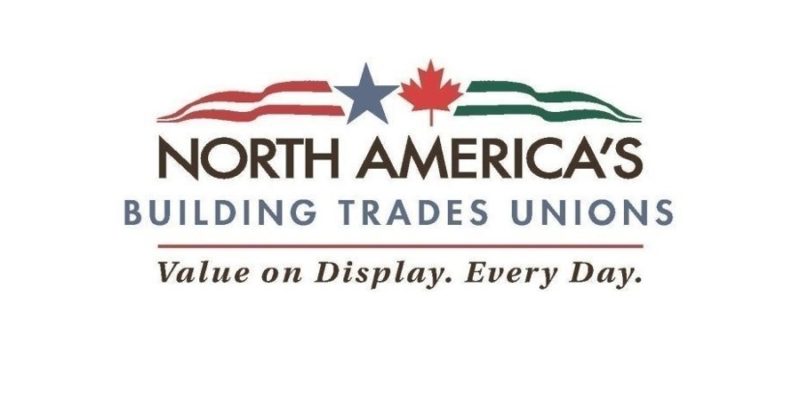By Jim Lundstrom, Peninsula Pulse
June 30th, 2017
Republican lawmakers have set their sights on repealing the state’s prevailing wage law for public projects as a way to save taxpayer money on infrastructure costs, but opponents say it is an attack on the middle-class, blue-collar worker.
The bill would end all prevailing wage laws for state-funded construction projects, and Senate sponsor Leah Vukmir (R-Brookfield) claims it will save taxpayers hundreds of millions of dollars. Yet the nonpartisan Legislative Fiscal Bureau recently reported “existing research on the impact of prevailing wage laws on construction costs is mixed and inconclusive.”
A report released June 19 by the Midwest Economic Policy Institute say advocates for repeal have not considered the social costs of such a move.
“The worst-case potential social costs of repealing prevailing wage range from $224 million to $337 million every year,” the report states. “When worker wages are cut, they contribute less in state and federal income taxes. At the same time, more workers qualify for and rely on government assistance. This results in less money in the state economy and less money in the pockets of hardworking citizens.”
The report goes on to say “between four and 12 percent of construction workers in Wisconsin would newly qualify for government assistance if prevailing wage were repealed, depending on the severity of the wage cut. This is in addition to the 14.5 percent who already qualify for government assistance in the state.”
…
In April, Gumieny and others in the construction business attended the 3rd Annual Construction Workers’ Memorial Service in Madison to recognize individuals who lost their lives in construction accidents in the state. As the memorial procession walked from Monona Terrace to St. Patrick’s Church for a memorial service, Gumieny said they passed four infrastructure construction projects near the state Capitol, and three of those were being done by out-of-state outfits.
“Since January of this year, we’ve lost 53 percent of that work that used to be here for Wisconsinites,” Gumieny said. “The study was from January through last month. Fifty-three percent of that work went to out-of-state contractors. It will not benefit anybody for that loss of work here for Wisconsinites in the construction industry. For what this legislation is doing, it’s unfair to the people of Wisconsin. The only time you see fair government is when you put them in gridlock and have equal Republican to Democrats. At that point the only thing that really comes out are things that are truly good for the people.”










